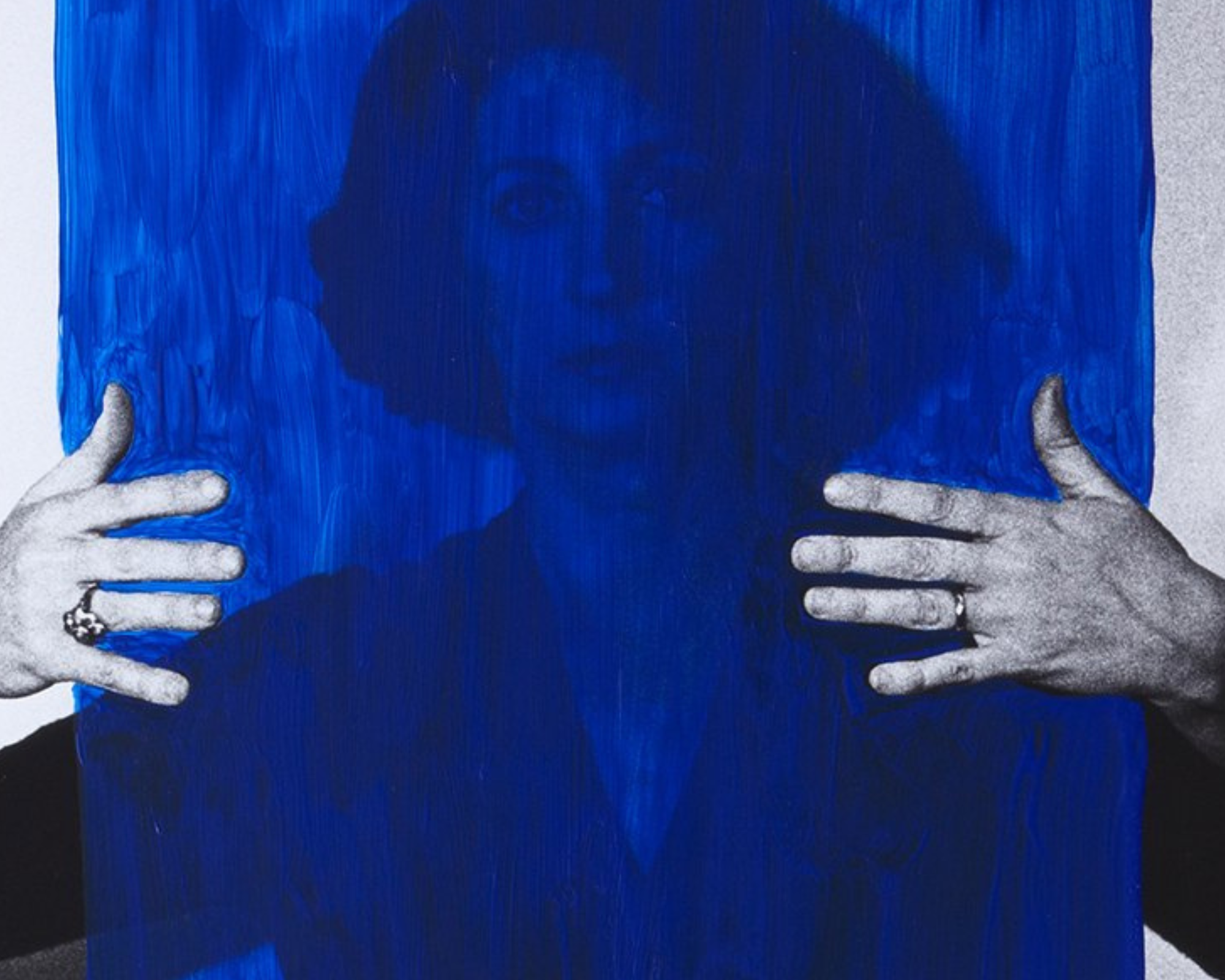PORTUGAL'S VISUAL EVOLUTION: A PHOTOGRAPHIC JOURNEY FROM THE 7Os AND BEYOND
Photographs captured in Portugal after the 1970s provide a mesmerizing glimpse into the country's evolving cultural, social, and architectural landscapes. This period marked a significant turning point in Portugal's history, as it emerged from decades of authoritarian rule under the Estado Novo regime and transitioned into a vibrant and democratic nation. The 1970s in Portugal were characterized by a revolution on multiple fronts. The Carnation Revolution in 1974 led to the fall of the authoritarian regime, setting the stage for newfound freedoms and expressions of identity. Photographers who documented this era played a pivotal role in shaping the narrative of Portugal's post-revolution transformation. The photographs from this period often showcase a blend of tradition and modernity.
©ArturPastor, old Porto.

©RuiMendes, Porto-Paris-Porto
GÉRARD CASTELLO-LOPES

Gérard Castello-Lopes (1925-2019) was a prominent Portuguese photographer with French origins who made significant contributions to the world of photography in Portugal. Born in Biarritz, France, Castello-Lopes moved to Portugal in his early years, where he would go on to become a renowned figure in the Portuguese photography scene. Gérard Castello-Lopes was celebrated for his sensitivity and depth in capturing the essence of his subjects. He had a remarkable ability to convey emotions and stories through his photographs, making his work resonate with viewers on a profound level. His artistic vision and technical mastery led to the creation of a diverse body of work, spanning various genres within photography.

Throughout his career, Castello-Lopes produced a wide range of photographic works, including portraits, landscapes, street photography, and documentary photography. He was known for his keen eye in capturing both the grandeur of landscapes and the subtleties of everyday life. His photographs often carried a sense of intimacy and a deep connection with his subjects, whether they were people, places, or moments in time.

ALFREDO CUNHA
Alfredo Cunha is a renowned Portuguese photographer whose work has left an indelible mark on the world of photojournalism. Born in Lisbon in 1953, Cunha's career spans several decades, and his contributions to the field have earned him a place of great esteem among both national and international audiences. Cunha's unique ability to capture the essence of his subjects and tell compelling visual stories has made him an influential figure in the world of photography.

Alfredo Cunha's photography is characterized by its depth, empathy, and a keen eye for the human condition. Over the years, he has covered a wide range of subjects, from Portugal's Carnation Revolution and the transition to democracy to documenting social issues and everyday life in his home country. His portfolio includes iconic images that have become a part of Portugal's collective memory, serving as visual records of historical moments and societal changes. 
Cunha's work not only showcases his exceptional technical skill but also reflects his deep commitment to storytelling, making him a respected figure in the world of documentary photography.
HELENA ALMEIDA
Helena Almeida was a highly influential Portuguese artist known for her innovative and thought-provoking contributions to the world of contemporary art, particularly in the realms of performance, photography, and painting. Born in Lisbon in 1934, she began her artistic journey in the 1960s, at a time when the art world was undergoing profound changes and artists were exploring new avenues of self-expression and conceptual art.

One of Helena Almeida's most distinctive and groundbreaking artistic approaches was her incorporation of performance into her work. She became known for her series of self-portraits in which she engaged with her own body, often using it as a canvas to explore themes of identity, feminism, and the boundaries between art and life. Her performances involved actions such as painting her body, interacting with props, or creating abstract and gestural movements while being photographed. Through these performances, Helena challenged traditional notions of self-portraiture, emphasizing the performative aspect of art and the fluidity of identity. Her work was not just about capturing moments in time but about exploring the relationship between the artist, the artwork and the viewer.
 VICTOR PALLA
VICTOR PALLA
Victor Palla was a notable Portuguese architect, photographer, and author, whose multifaceted career left an important signature on various artistic disciplines. Born in Lisbon in 1922, Palla's creative journey encompassed a wide range of interests and talents. While he initially trained as an architect, his passion for photography soon emerged as a significant aspect of his artistic expression. Palla's work is characterized by a profound understanding of space, form and composition, elements he carried over from his architectural training, and applied with precision to his photographic compositions.

Palla's photography primarily focused on the urban landscape, both in Portugal and abroad. He possessed an acute sensitivity to the interplay of light and shadow in architectural settings, which he masterfully translated into his photographs. His keen eye for detail and ability to capture the essence of the built environment made his work distinctive and admired by many.

Palla also collaborated with fellow architect and photographer Costa Martins on the book "Lisbon: City of the Sea" in 1956, an influential work that explored the city's relationship with the Tagus River, and later published other books on architecture and photography, showcasing his interdisciplinary talents. Victor Palla's work continues to be celebrated for its artistic and architectural significance, contributing to the appreciation of urban landscapes and the built environment.
PAULO NOZOLINO
The accomplished Portuguese photographer Paulo Nozolino has forged a distinctive and thought-provoking path within the realm of contemporary photography. His work, characterized by its striking monochromatic compositions, delves into the intricate depths of human experience. Nozolino's photographs are not mere visual records; they are haunting narratives that compel viewers to grapple with profound themes like displacement, alienation, and the darker facets of human existence. His high-contrast, black-and-white imagery amplifies the emotional resonance of his subjects, from war-torn landscapes to the quiet, unsettling solitude of urban environments. Nozolino's ability to encapsulate these intense moments and the complexities of life in such raw, unflinching detail showcases his mastery of the photographic medium.
Over the course of his career, Paulo Nozolino has produced a compelling body of work, including powerful photographic series and books that have been celebrated internationally. His dedication to his craft and his unwavering exploration of the human condition have solidified his reputation as a significant figure in the contemporary photography world. Nozolino's work serves as a testament to the capacity of photography to not only document reality but to transcend it, creating a profound and visceral connection between the creator and the voyeur. His ability to extract meaning and emotion from the seemingly mundane or tragic moments of life underscores his profound contribution to the art of photography.
 A PIECE OF OCEAN MADE OF PORTUGUESE FIBER: A SINGULAR PIECE FOR A SINGULAR PLACE
A PIECE OF OCEAN MADE OF PORTUGUESE FIBER: A SINGULAR PIECE FOR A SINGULAR PLACE
As the Algarve's allure was continuing to grow, so did the number of captivating photographs capturing its essence. As the Algarve embodies the sea, the sand and the soul of Portugal, our "Mar do Sul" tea towel encapsulates the magic of this unique destination in every weave. It's more than a kitchen accessory; it's a gateway to the sun-soaked shores and coastal charm that define the Algarve — a tea towel that promises to infuse your daily routine with a touch of coastal wonder.
Mar do Sul Linen Cloth, by Luz Editions
Luz Editions presents a tapestry of Portuguese heritage, woven through intricate craftsmanship. Each linen creation, meticulously crafted, mirrors a rich and storied past. The photograph you hold, bearing the imprint of hand screen-printing on 100% linen, tells a tale that transcends time. It encapsulates the essence of Portugal, evoking an immersive journey through the annals of history and tradition. These are not just linen garments; they are cultural echoes, artistry transformed into wearable stories. Each piece, a testament to Portugal's soul, serves as a bridge between the heritage that shapes us and the legacy we create today.


